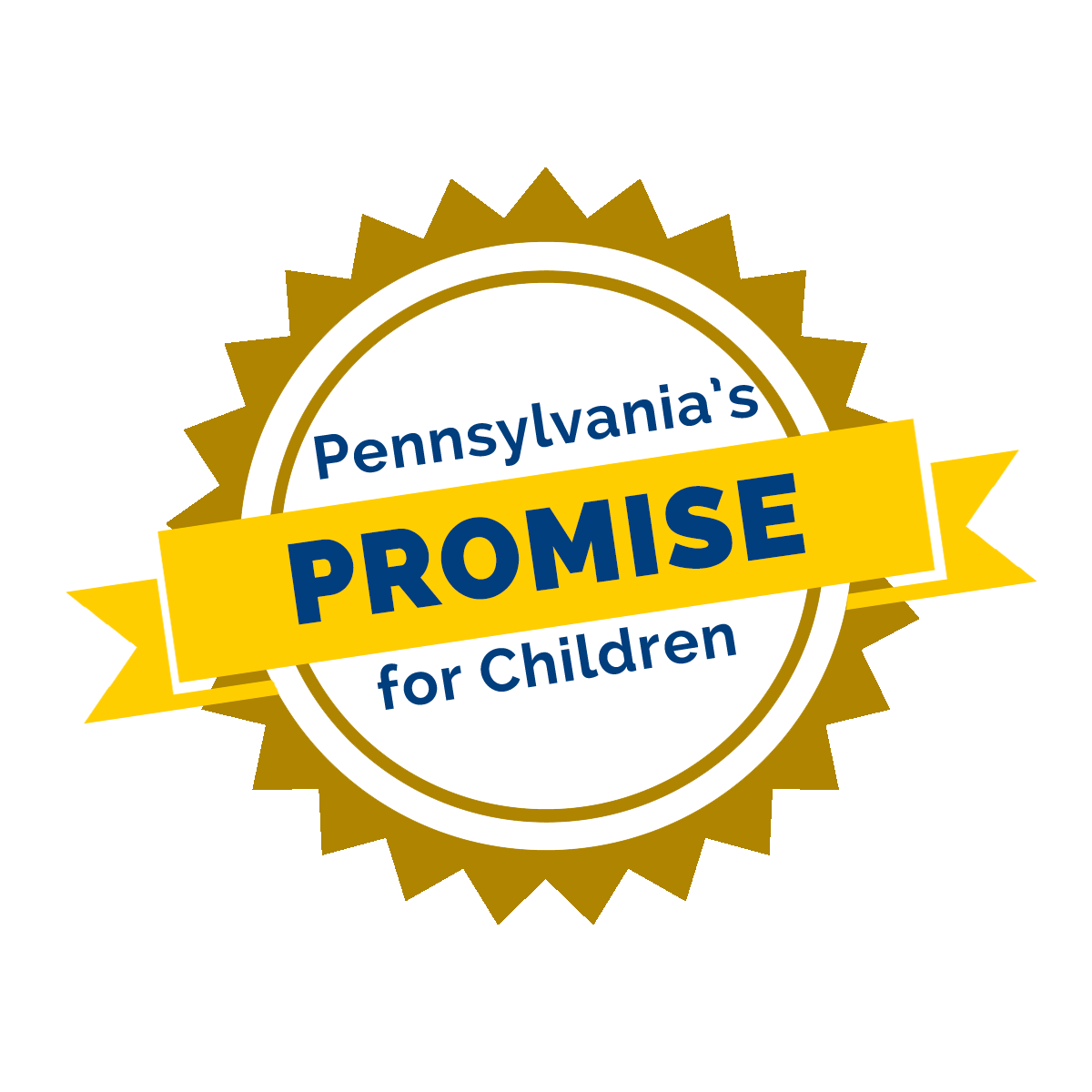Throughout May, we’re celebrating Children’s Mental Health Awareness Month. See below with messages you can use for facts & statistics about children’s mental health, mental health resources for children & families, tips for parents and caregivers to support children’s mental health and more!
#EarlyChildhood #MentalHealth #HealthyFamilies #Children #Families #Awareness
Throughout May 📆, we’re celebrating Children’s Mental Health Awareness Month. Stick around 🙋 for facts & statistics about children’s mental health 🧠, mental health resources for children & families 🙌🏾, tips for parents and caregivers to support children’s mental health and more! #EarlyChildhood #MentalHealth #HealthyFamilies #Children #Families #Awareness

The science of child development shows that the foundation for sound mental health is built early in life, as early experiences—which include children’s relationships with parents, caregivers, relatives, teachers, and peers—shape the architecture of the developing brain. Disruptions in this developmental process can impair a child’s capacities for learning and relating to others, with lifelong implications. For society, many costly problems, ranging from the failure to complete high school to incarceration to homelessness, could be dramatically reduced if attention were paid to improving children’s environments of relationships and experiences early in life.
Learn more: https://ow.ly/PJ0P50Rn6Bl

When we think of children’s health, we usually think of their physical well-being. Are they active and fit? Do they get sick often? Mental health is just as important as physical health. Mental health includes how we feel about ourselves and other people, and how we cope with life. Mental health in young children is related to their social and emotional development. Caregivers, teachers, and family members all have roles to play in fostering young children’s mental health. Check out this one page printable on the essentials for children’s mental health. https://ow.ly/vpUk50Rn79m

Infant Mental Health is the optimal social, emotional, and cognitive well-being of children ages 0 to 3, developed by secure and stable relationships with nurturing caregivers. The infographic, 3 Reasons Good Infant Mental Health Matters, from the PA Alliance for the Advancement of Infant Mental Health provides information on how brain architecture, body & health, and behaviors & relationships can impact the mental health of infants. https://ow.ly/vme150Rn7Ju

All children are sad, anxious, irritable, or aggressive at times, and many find it occasionally challenging to sit still, pay attention, or interact with others. In most cases, these are just typical developmental phases. However, such behaviors may also indicate a more serious problem in some children. This one page printable (English and Spanish) can help families and caregivers understand signs of mental health conditions in children. https://ow.ly/c0Rx50Rn81m

This infographic from ZERO TO THREE on Infant and Early Childhood Mental Health (IECMH) can help professionals talk about social and emotional development.

Social-emotional development may not be a familiar topic – even to experienced early childhood professionals. These educational videos, curated by Bright Start, build professionals’ knowledge about social-emotional development and early childhood mental health. The videos are tools to increase understanding and the descriptions for each video provides more information, including a summary of key points. The videos can also help to have more effective conversations about these sometimes-sensitive topics.

Talking with your child about emotional topics, such as their mental health, can feel uncomfortable. This can be due to the stigma involved, lack of information or even fears of possible blame. However, openly talking to your children is a great way to help decrease this stigma. It can be tough to know how to start the conversation — consider these helpful ways to talk with your children about their mental health. Learn more.

You know all the right things to do to protect your child’s physical health—make sure they eat healthy foods, see the doctor and get enough sleep and movement in their day. But what about ensuring that your child grows up with good mental health? It turns out, there is plenty you can do as parents to help foster your child’s emotional and mental wellbeing. Get 7 ways to help your kid develop good mental health.

The Early Childhood Mental Health (ECMH) Matters Handouts have information about helping children dealing with separation, mental health and outdoor play, depression in preschoolers, and more!

As early childhood professional, there are ways to support the mental health for children in your care. Access these resources! Pyramid Model for Supporting Social Emotional Competence in Infants and Young Children, National Center for Pyramid Model Innovations, Head Start Center for Inclusion, Early Childhood Early Learning & Knowledge Center.

Our physical health plays a critical role in our mental health. Our mind and body are intricately connected, and healthy eating, exercise and adequate sleep have all been shown to protect against mental health disorders and improve mood. Check out these resources! The Ability to Cope: Building Resilience for Yourself and Your Child, Your child’s sleep affects their brain, Tips to help motivate your child to exercise, What’s on your plate? A parent’s guide to a balanced diet.

Mindfulness–for adults and children–can help us stay calm, deal with big emotions, and navigate daily life. Check out these resources for ways to incorporate mindfulness into your life. Help Us Stay Calm, Mindfulness Practices for Families, How To Practice Mindfulness With Children.

As we close out Child Mental Health Awareness Month, we invite you to share your story! What are your tips for supporting your child’s mental health? What resources or supports have you found to be helpful? What advice would you offer other families?

